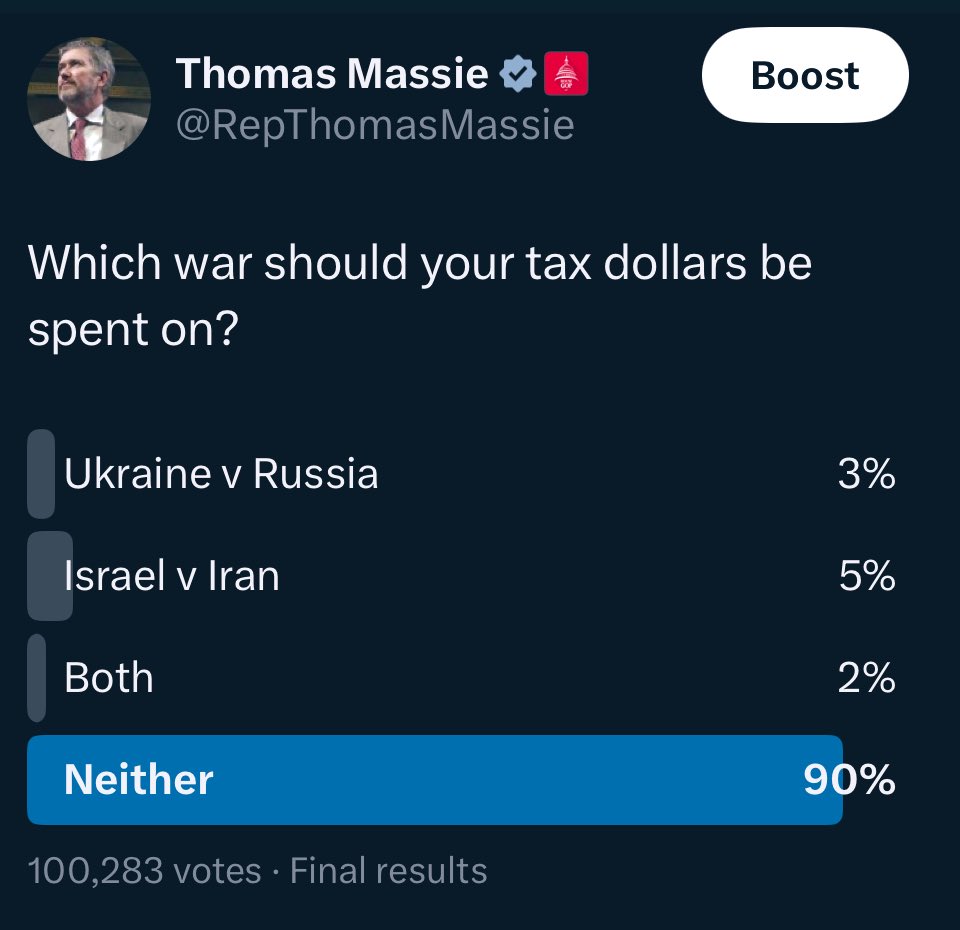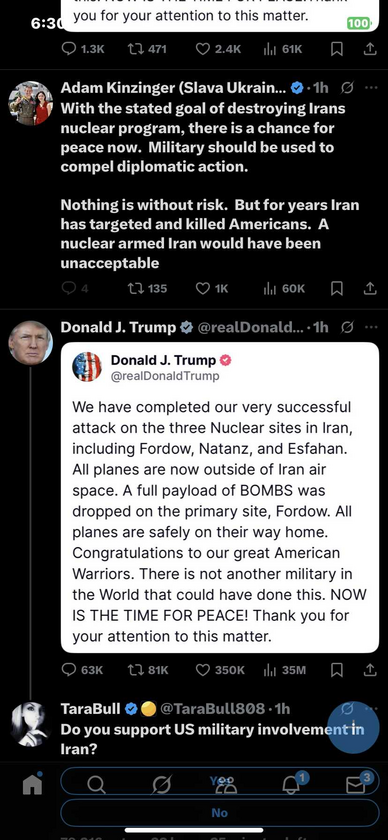Open Letters to the President on Health and Healing
Confronting the Statin “Cure” and Cholesterol Dogma
Dear Mr. President,
I write as a concerned friend and citizen who deeply cares about our country’s health. I know you have the power to make real change, and that’s why I’m sharing what I’ve learned about heart disease, statins, and healthcare policy. Many Americans trust that lowering cholesterol is key to health, but I’ve found troubling evidence that this cholesterol dogma and statin-overuse may be hurting people. I hope you will listen to this with an open mind for the sake of our families and communities.
For example, statin drugs – commonly prescribed to lower cholesterol – are not as harmless as many believe. The Mayo Clinic notes that people on statins often report muscle soreness, weakness or cramps . In rare cases, very high doses can even cause severe muscle breakdown. There are also reports of memory loss or confusion in some patients on statins , though it usually reverses when the medicine stops. Statins can raise blood sugar slightly, too – enough that the FDA requires a label warning that they can increase the risk of type 2 diabetes . These side effects might seem small individually, but they matter to the millions taking these drugs. Moreover, lab studies show statins block the body’s natural production of Coenzyme Q10 (CoQ10), a nutrient vital for heart and muscle energy . Many adverse effects of statins can be explained by this CoQ10 depletion . (In fact, Canada now requires a warning box on statin pills suggesting patients take CoQ10.)
Beyond side effects, I worry we’ve lost sight of why we get heart disease. For years we’ve been told “lower cholesterol or you’ll die,” but modern science shows a broader truth: inflammation is a key driver of artery disease. The American Heart Association itself explains that factors like smoking, high blood pressure and LDL (“bad”) cholesterol cause artery injury that provokes chronic inflammation . Inflammation then forms and can even rupture the plaque that causes heart attacks. In short, cholesterol is part of the story but not the whole story. By obsessing over cholesterol numbers, we may overlook the root causes – poor diet, lack of exercise, chronic stress and inflammation – that deserve our attention. Indeed, recent trials have shown that treating inflammation can reduce heart attacks, suggesting it’s as important as cholesterol in this disease .
This focus on cholesterol has become almost a “cholesterol myth.” Critics note that common risk factors (high cholesterol or blood pressure) are now treated like full-blown diseases, with ever-lowering thresholds for treatment . For example, someone with moderately high cholesterol is branded as “hypercholesterolemia,” shunted onto drugs, even though lifestyle changes could fix it. In effect, it feels like a market strategy: treat healthy people as if they’re ill. One medical ethicist even described this as “disease-mongering,” where mild ailments are turned into major illnesses to sell more drugs  . I respectfully ask: are we prioritizing profit over health? Every time a guideline lowers the cholesterol target, more of our friends and neighbors become patients in need of a pill.
I’ve also seen evidence that the system itself is stacked against wellness. Many of the experts who write guidelines for doctors have financial ties to the same pharmaceutical companies that make the drugs they recommend . One study found that over half of guideline authors had conflicts of interest – in some cases being paid by Big Pharma hundreds of thousands of dollars . Even worse, some physicians who question the conventional wisdom (by emphasizing diet or questioning long-term statin use) find their voices marginalized. This “suppression” of dissent is heartbreaking; in a democracy we need healthy debate, not one-party thinking. The public deserves to hear all sides: that statins help certain patients but also carry risks, and that non-drug solutions (like diet, exercise and social support) can save lives too.
Mr. President, I know you care about the American people. I write with care and respect, urging you to look beyond the surface. Please consider this: dozens of studies and clinics (from the Mayo Clinic to major journals) have documented statin side effects and warned that aggressive treatment may be unnecessary for many  . Meanwhile, we must tackle the real causes of heart disease – systemic inflammation from poor diet and stress. Our policies should encourage fruits, vegetables, exercise and community, not just the latest pill. We need transparency: let’s demand full disclosure when trials are done, and allow scientists to freely question the status quo.
Thank you for your time and leadership. I believe you can help shift our focus back to true health, not just profits. Please protect our citizens by listening to these concerns – it would mean the world to the families I represent.
Sincerely,
A concerned American and your friend in health
it’s almost amazing how people run from me how people turn from me and on me a few people have seen me for a little bit like on here some of you specifically Mark he gave me money couple times others of you too. I don’t want money but like I have the best nonprofit that I need help with and it’s a pretty great investment I think.
I’m posting this for my dad. For a while this place felt like a safe haven for him, but his brain injury also made it overwhelming. He’s always worn shirts – MAGA, “I Support Elon,” “I Identify as Vaccinated” – anything just to start conversations. That’s really what he wants, to talk to people and feel like he can help.
He feels the pain of people like him: brain injury survivors, disabled, homeless, mentally ill, addicted. Most of the time it’s just been him in a trailer or hotel room. When he called people and used awful words, it wasn’t to hurt them—it was trying to get them to see the pain their actions cause to the most vulnerable, not just him. He just wanted them to stop.
He’s never threatened anyone. But they’ve moved his case from OC to LA to SF, digging through his phone, and now his health is collapsing. We’re scared. We’re trying to get his Hope After Stroke dream going, but right now he needs a safe place to live and legal help from someone who ...














